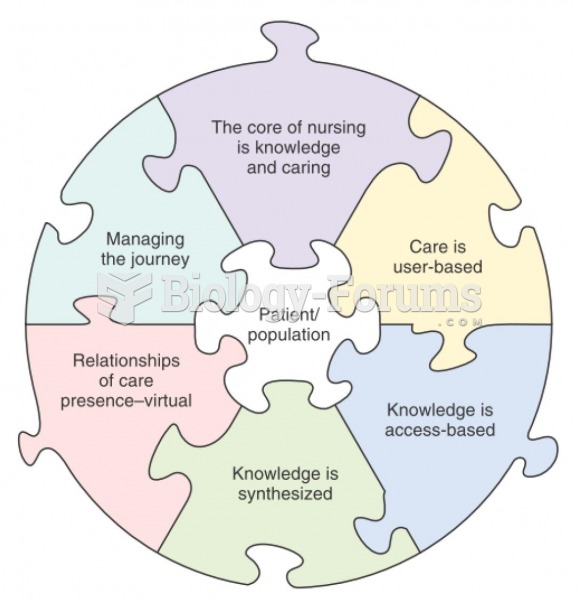Which of the following is an example of reasoning through principles of uniformitarianism, rather than simple analogy?
a. Ethnographic data on the hunting and gathering Shoshone in Nevada suggest that in the 19th century the Shoshone lived in groups of about 25 people; therefore prehistoric people who lived in the same area with the same economy also lived in groups of about 25.
b. Ethnographic data from all over the world show that hunter-gatherers live in groups of about 25 people; therefore prehistoric hunter-gatherers in the deserts of Nevada also lived in groups of about 25 people.
c. It has been demonstrated using ethnographic data that in a variety of different kinds of environments a group of hunter-gatherers of about 25 people contains about 7 active hunters and this number is sufficient to ensure that someone comes home with game each day; increasing the number of hunters beyond 7 increases the amount of food needed for the group but does not appreciably increase the chance that some hunter will come home with game; thus we argue that prehistoric hunter-gatherers also lived in groups of about 25 people.
d. Ethnographic data on highly nomadic hunter-gatherers in desert environments who depend heavily on plants for food rather than on animals show that they live in groups of about 25 people; since prehistoric foragers in the Great Basin deserts were highly nomadic and heavily dependent on plant foods we argue that prehistoric peoples there lived in groups of 25 people.
e. Ethnographic data on the hunting and gathering Shoshone suggest that 19th century Shoshone lived in groups of about 25 people; therefore prehistoroic people living in the same area with the same economy lived in groups of less because they were supported by economies more basic that 19th century economies.
Question 2
Experimental archaeology provides archaeologists with bridging arguments, ways to make inferences about past behavior from material remains. Which of the following is not an example of experimental archaeology?
a. Using British schoolboys to see if they could move stones similar to those used to build Stonehenge.
b. Using a stone tool to scrape hide and then examining microwear present on the tool's edge to determine the type of wear caused by hide-scraping.
c. Using seriation to construct a way to date archaeological sites based on painted pottery styles.
d. Throwing hafted spear points into elephant carcasses to determine their capacity for penetration.
e. Excavating major quarries into bedrock using only fire, wooden wedges, and stone mallets to see if materials for ancient stones tools could have been located and collected in this way.







